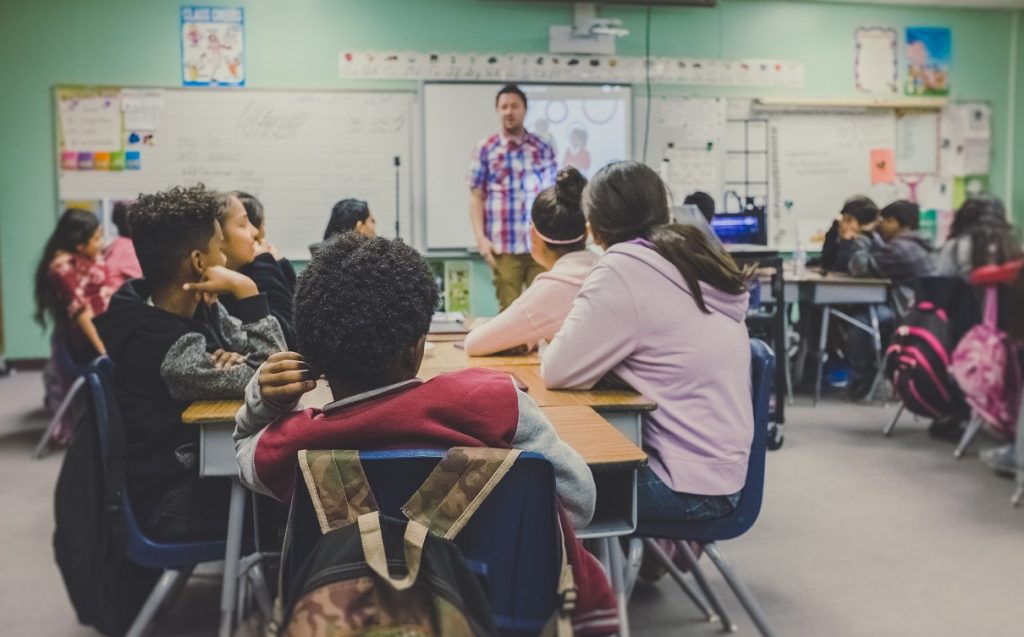Peer-correction to Improve Students’ Writing Skills
Writing skills are important in the real world. It’s going to be difficult to work in any field when you can’t communicate your thoughts to other people through writing. Writing also improves one’s creativity, imagination, focus, and social skills. It’s no wonder so many teachers make it their focus to get students’ writing skills up to par.
.
One way to improve students’ writing skills is by giving proper feedback. Problems arise when you’re the only English teacher handling three or four classes at once. Trying to give decent feedback to each kid would be overwhelming. The solution? Peer-correction.

Using Peer-correction to Improve Students’ Writing Skills
Peer-correction is essential in a learner-centered environment. It’s a way to involve students in the learning process. Students are actively involved in correcting each other and being in charge of their own learning success as well as their classmates’.
.
Benefits of Peer-correction
For teachers, having students correct each other’s writing assignments can save lots of time. Imagine having sixty writing pieces to check and grade every time you give out a writing assignment. The thought of it is enough to give any teacher a migraine.
.
The next benefit is students polish their critical reading skills as they look for points to improve in their peer’s assignments while, at the same time, are made aware of their own mistakes. By communicating their findings, the correctors learn how to give constructive feedback to their peers in a clear manner.
.
As the ones being corrected, students learn how to defend their work. They can argue why they wrote in a certain manner or why they used a set of vocabularies. Students also improve their critical thinking when incorporating their peer’s feedback.
.
Challenges
Some kids are highly reluctant to receive critics and advice from other than the teachers. Teachers should not force this type of kids to get involved in the peer-correction session right off the bat. Give them time to learn to appreciate critics from their peer
.
Advise students who aren’t prepared to join the peer-correction session to practice self-correction. For instance, when students need to improve their spelling and grammar, lead them to online-spellcheck.com. Have them put their work there and make a note about the errors.
.
There’s no rule against using teacher-correction, peer-correction, and self-correction in tandem. Teachers know their classes best, and whichever method they wish to employ should be up to the teachers’ discretion.
